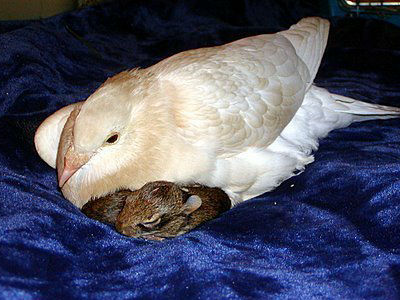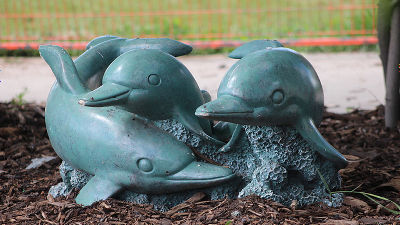Gray parrot understands the concept of currency and turns out to 'give money to buy snacks' to friends

Parrots Voluntarily Help Each Other to Obtain Food Rewards: Current Biology
https://www.cell.com/current-biology/fulltext/S0960-9822(19) 31469-1
African gray parrots spontaneously'lend a wi | Eurek Alert!
https://www.eurekalert.org/news-releases/862033
Parrots Will Share Currency to Help Their Pals Purchase Food | Science | Smithsonian Magazine
https://www.smithsonianmag.com/science-nature/parrots-share-currency-help-their-pals-purchase-food-180973917/
African Gray Parrots Help Partners Obtained Food Rewards | Sci-News.com
http://www.sci-news.com/biology/african-gray-parrots-help-partners-08041.html
The charitable act of sharing things without any reward has been considered to be an ability that only some primates, such as humans, orangutans, and bonobos, have. For example, crows are known to have extremely high intelligence, but previous research has confirmed that crows do not give their stuff to their peers for free.
So, Désirée Brucks and Auguste von Bayern of the Max Planck Bird Institute said that only one of the two gray parrots treats to see if the gray parrot, a bird with the same intelligence as the crow, behaves philanthropically. I conducted an experiment to create a situation where I could obtain.
In the experiment, we first trained a gray parrot to learn that 'giving a metal ring with a hole to a human will give you a favorite nut.' Then, after putting the gray parrot in a room with a partition, he gave a ring to only one of the gray parrots.
The state of the experiment can be seen from the following.
Parrots Transfer Tokens to Help Others “Buy” Treats-YouTube
The room separated by the partition has a hole for receiving snacks from humans, but the hole in the room on the right is blocked.
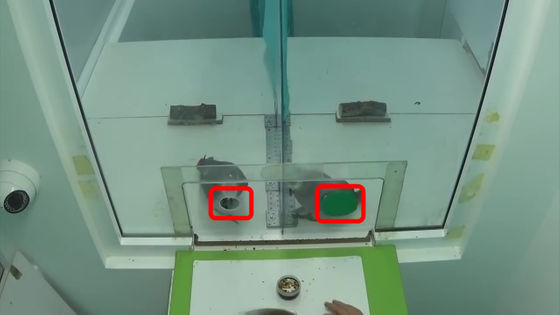
Then, in the room on the right where the hole is closed, put a ring that can be exchanged for a snack.
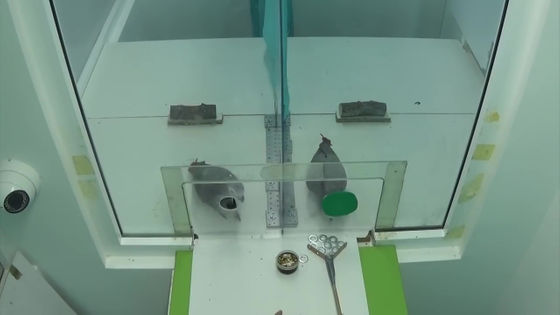
Then, the gray parrot in the right room presented the ring to the gray parrot in the next room through the hole made in the partition separating the two rooms.
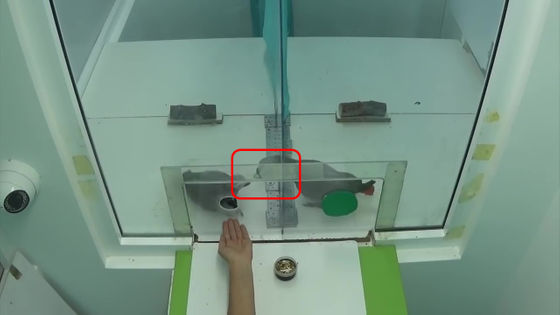
The gray parrot who received the ring presented it to humans ...
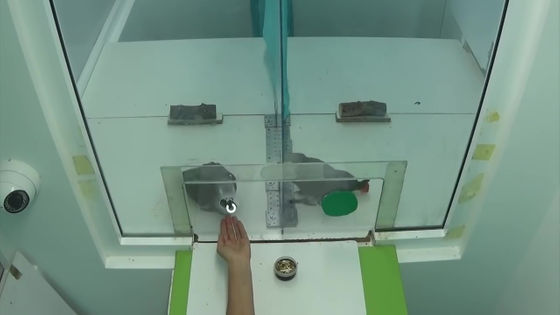
I was able to get the nuts safely.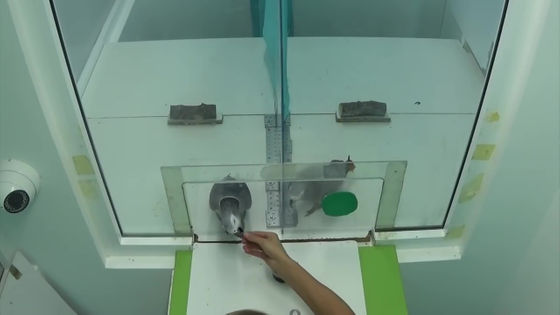
As a result of the experiment, 7 out of 8 gray parrots gave at least 1 out of 10 rings, and on average half of them to the next gray parrot. Also, when the gray parrot in the next room was a close individual, he gave a lot of rings, but he said that he gave the ring to the other individuals as well. On the other hand, the six
Regarding this result, Mr. Brucks said, 'I was surprised to see the ring given to the gray parrot next door, because I thought that the gray parrot, who knew that there was no reward, would stop doing nothing. But they kept giving the ring to the gray parrot next door. '
Another experiment also shows that the gray parrot does not keep passing the ring indiscriminately. The experiment is below.
Gray parrots help others to obtain food --YouTube
In this experiment, only one gray parrot was given a ring, but both holes for extending the ring to humans are blocked.
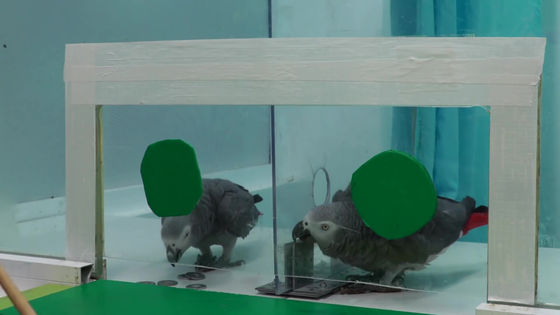
As a result, the gray parrot, given the ring, watched the situation without giving it to the opponent even if he added the ring.
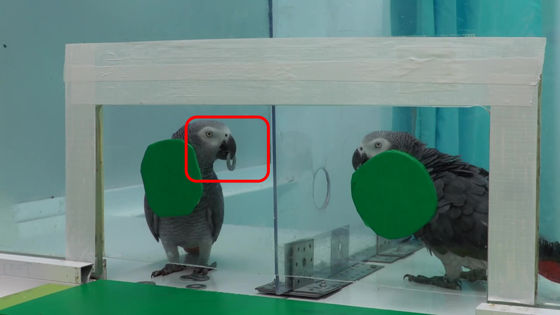
After a while, the lid of the ring replacement hole was removed, and when the gray parrot got a snack ...
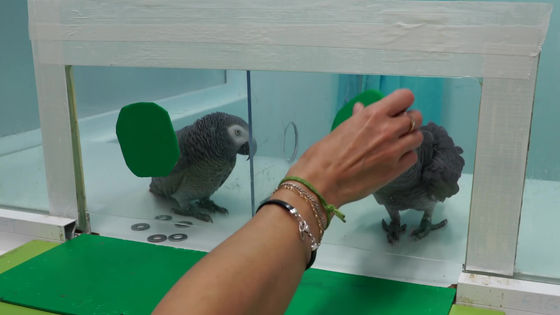
The gray parrot who owns the ring presented the ring he owns so that the next gray parrot can exchange snacks.
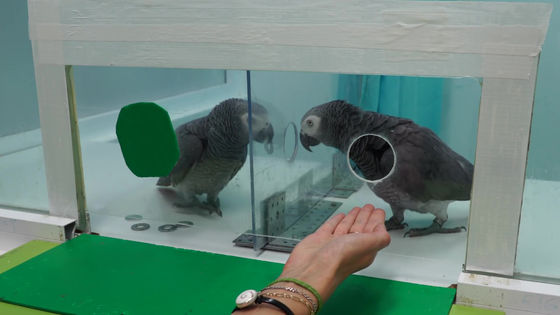
Jennifer Vonk, a cognitive psychologist at the University of Auckland, who did not participate in the study, told the scientific journal Smithsonian that 'the gray parrot is not the only bird that can understand that training can exchange currency and food. However, it is worth noting to pass the currency only when it is useful to the peers, as it is suggested that the gray parrot does not simply have the ability to share things, but understands why they do. Because I am. '
Related Posts:






